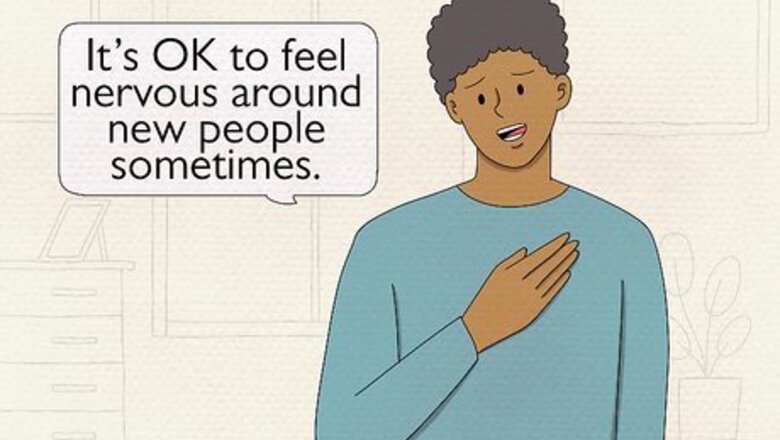
views
Changing Your Self-Perception
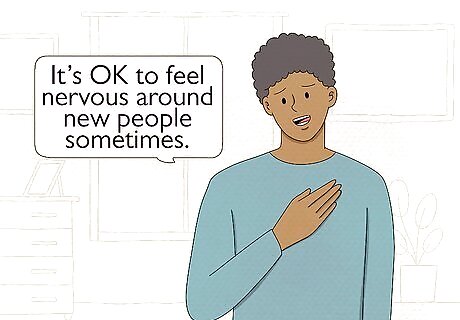
Stop beating yourself up. Worrying about your social life won’t change anything, so try to relax. Think positively instead of punishing yourself with negative thoughts. You’ll have an easier time attracting friends if you’re kind to yourself. For instance, stop telling yourself things like, “I can’t talk to people.” Replace those thoughts with something like, “It’s OK to feel nervous around new people sometimes.”
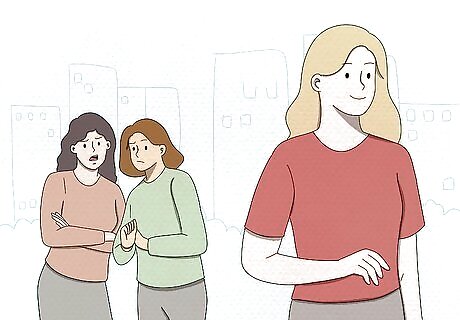
Realize that not everyone has to like you. You can’t please everybody, and if you try, you might lose what makes you uniquely likable. Don’t take it personally if someone doesn’t want to be friends with you. It just means you weren’t a good fit for each other.

Look at the friendships you see around you. It might seem like everyone you know has a happy, thriving social life – but look again. Plenty of friendships aren’t as healthy as they seem on the surface. When you notice the imperfections in other people’s relationships, you’ll be less likely to hold yourself to an impossible social standard. For instance, some friendships are based on convenience instead of mutual liking. In other friendships, one person is using the other for attention, popularity, or money.
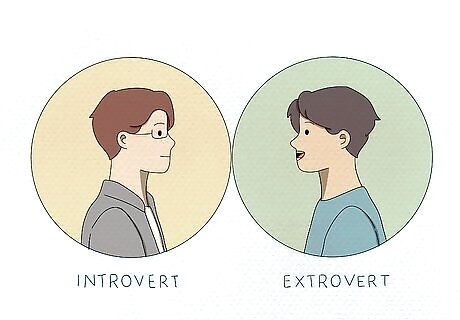
Be aware that not everyone is naturally social. Some people are more extroverted, meaning they get energy from being around others and tend to be loud and outgoing. Other people are more introverted, meaning they like to spend time alone and may find extensive social interaction exhausting and possibly difficult. Society tends to praise extraversion, so you might feel that something's wrong with you if you’re a little more introverted. However, you should recognize that many people are introverts, and introverts have value, too! Introverted people tend to be reflective, creative, and value deep relationships. Introverts can still be social and charming, just in a different way. They may prefer quieter, more intimate discussions, and there’s nothing wrong with that. Keep in mind that personality is a spectrum, and most people fall somewhere between extraversion and introversion. It’s also important to realize that many friendly, outgoing people weren’t born that way. Plenty of people have improved their social skills through practice, and you can do the same if you want to.
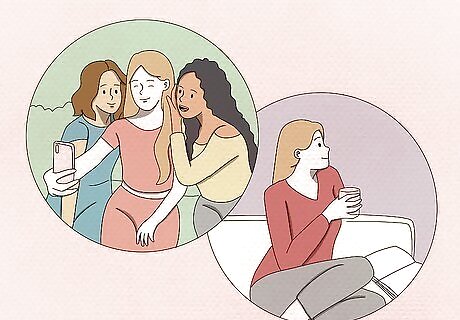
Decide whether you want to change. Ask yourself whether you’re happy the way you are. Maybe you value friend quality over friend quantity. If so, there’s no need to change anything, no matter what other people might say. If you do decide you want to change, that’s okay too – just make sure you’re doing it for yourself and not to please others. Many shy or introverted people feel perfectly content with a small circle of friends. Not everyone has to be outgoing and chatty.
Evaluating Your Personality
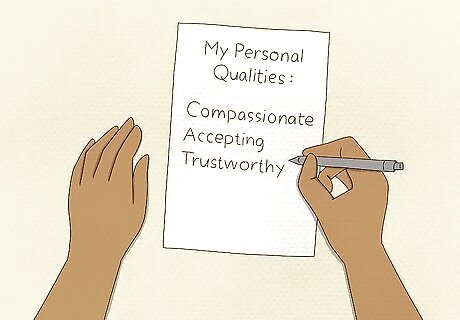
Make a list of your positive traits. Build your confidence by writing down the personal qualities you’re proud of. Keep these traits in mind when you start to feel critical of yourself or shy around other people. If you want to make more friends, think about your qualities that make you a good friend. For instance, maybe you’re compassionate, accepting, and trustworthy.
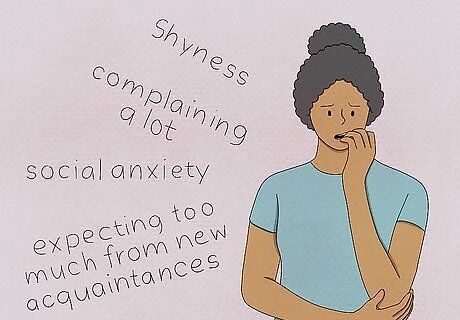
Spot what's getting in the way of you making friends. Be honest with yourself and think about what goes wrong when you try to make friends. It’s not much fun to analyze your flaws, but once you know why making friends is hard for you, you’ll be able to change your behavior. A few common issues that make it hard to find friends include shyness, social anxiety, complaining a lot, and expecting too much from new acquaintances. If you’re not sure why you struggle to make friends, ask someone you trust for their perspective. Make sure you’re prepared to hear the answer, though.
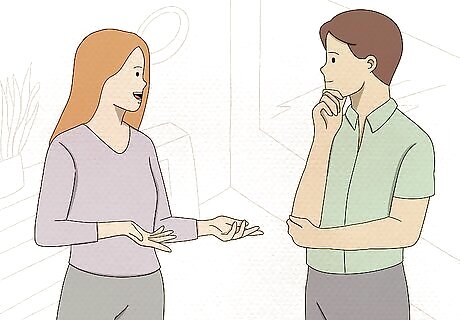
Turn weaknesses into strengths. Instead of trying to get rid of your flaws, look for ways to turn them around. Using these traits to your advantage is usually easier than trying to change your whole personality. If you’re not very talkative, for instance, you could practice being a more active listener, so people feel comfortable opening up to you.

Learn to enjoy your own company. Become more secure in yourself by getting comfortable with spending time alone. Pick up some solo hobbies that you look forward to doing on a regular basis. During quiet moments, take the opportunity to reflect on your strengths, weaknesses, and hopes for the future. When you’re comfortable being alone, you’ll feel better about yourself no matter how many friends you have. You’ll also be less likely to rush into unhealthy friendships just for the sake of having friends.
Building a Social Life
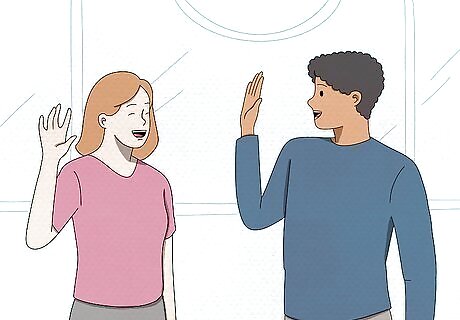
Be friendly and positive. Put a smile on your face when you go out, even if you feel nervous. Treat other people with courtesy and thoughtfulness. Instead of complaining, put a positive spin on your comments. Other people will like being around you if you’re upbeat and happy.

Get involved in activities you enjoy. If you’re shy about meeting new people, start by getting out of the house and doing things you like. Breaking the ice with someone new is easier when you can connect over an activity or a shared interest. For instance, you could join a group related to one of your hobbies, volunteer for a cause you care about, or sign up for a competition.
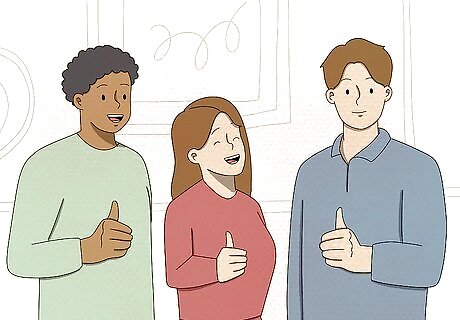
Rely on the people around you for support. You may already have a stronger support network than you realize. People like parents, teachers, coaches, and siblings can support and inspire you as you build up your strengths. Make time for the people you care about, and don’t be too shy to ask for help and advice when you need it.
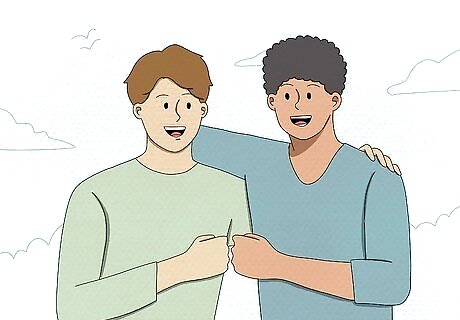
Choose your friends carefully. Don’t rush to befriend people you just met. Get to know people slowly, and invest your time and energy into those who care about you and treat you well. It’s better to have one close, trustworthy friend than it is to have many shallow friendships.













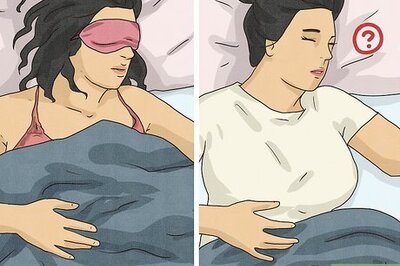



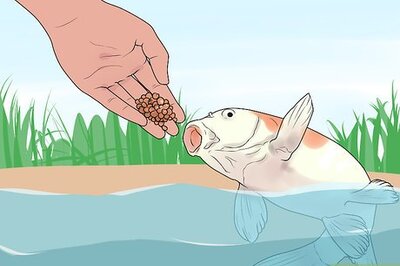
Comments
0 comment